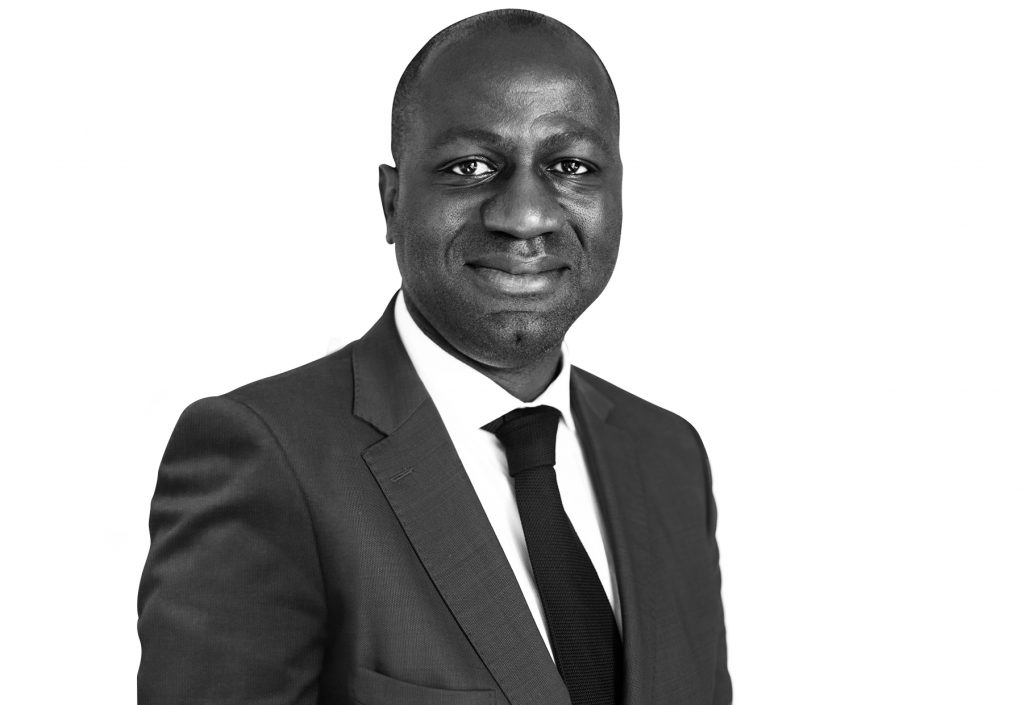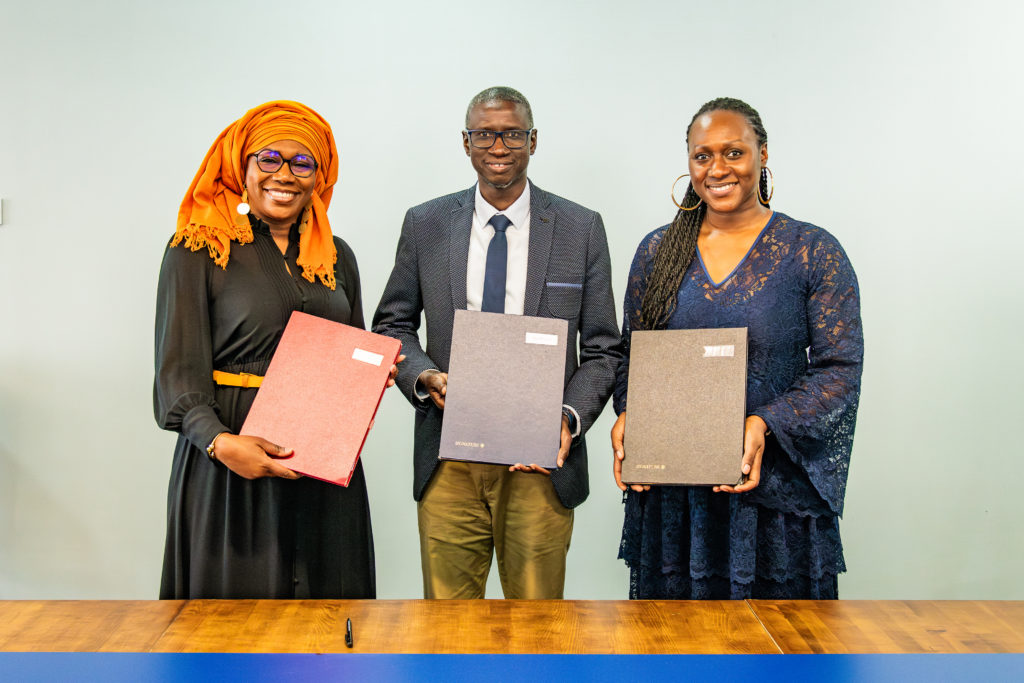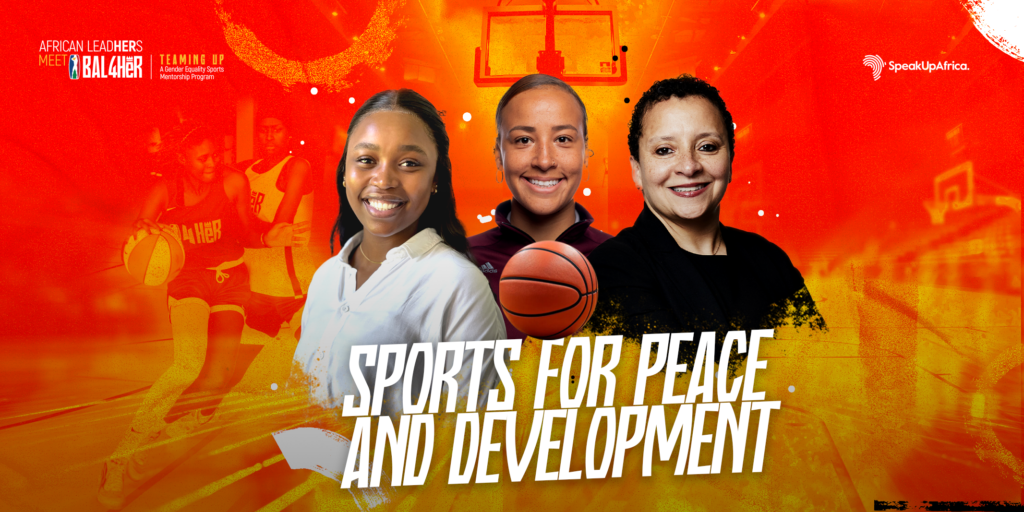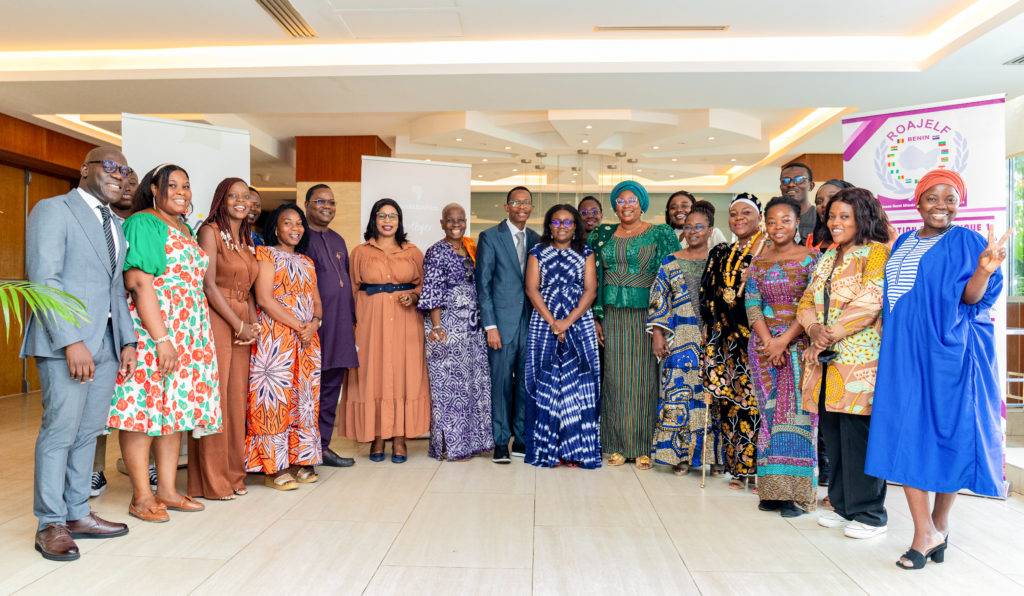Starting from the first mile

Universal Health Coverage (UHC) calls for Africans to rethink their investment in health. For decades, investments have been made for specific diseases. But this diseases-driven investment has run its course in the UHC context. An African must have access to quality healthcare regardless of what diseases they may be susceptible to or their geographical location.
UHC provides an opportunity for new actors to think about their contribution to health as the foundation of economic transformation in Africa across regions. By 2030, 50 percent of Africa’s population will be urban which shows that the majority of Africans are currently in rural areas. The migration is, predominantly, from rural to urban. Thus, it is counterintuitive that the place where most live is labelled as the last mile.
It is time that the community outside of the capital is seen and appreciated as the first mile. Their role in the economic system gives them a place of choice in ensuring that agriculture feeds the nation. That is where African economies dependent on natural resources and raw materials for local transformation and exports draw their resources. As such, the economic model of depriving rural areas from a sizeable return on their investment has other consequences on the health sector, for example.
The catalyst for change will be our ability to pool our resources to impact the community by improving the health system, instead of making direct family interventions. Indeed, digital economies are shaping the design and infrastructure investment in our countries. While we are still far from Chinese citizen digital giving platform, we can start to embrace a culture of collaboration on a much larger scale. We cannot ignore the fact the combined generosity of individuals collectively provides us with a sure source of funding for the first mile.
As such, some of the new actors in health are in places where Africans can pool their resources to provide access to quality care to a community. While there is progress in eradicating preventable diseases, such as lymphatic filariasis in Togo, supplemental predictable resources from the diaspora will accelerate the pace of elimination in the first mile across Africa. The First Mile Project appeals to the diaspora and urban dwellers with disposable income as current active contributors.
While they may appear invisible to most, malaria, Neglected Tropical Diseases and other preventable and curable diseases continue to challenge first mile communities’ contribution to our economic transformation. UHC is an opportunity to rethink the way in which African societies have been reshaped to fit funding streams instead of preventing and curing all diseases.
Impact will come from our ability to pool our resources to strengthen government-built health systems instead of making direct family interventions. Malaria, Neglected Tropical Diseases and other preventable and curable diseases continue to challenge first mile communities’ contribution to our economic transformation because of the double burden of communicable and non-communicable diseases. The urgency in ending malaria has dissipated in most people’s mind. We have grown accustomed to live with Malaria, yet it still disrupts lives and communities.
It is time Africans wake up to the cost of malaria on their efforts for economic transformation. Campaigns such as #ZeroMalariaStartsWithMe remind us that individuals have a role to play. And that role, under UHC, means that we can no longer wait patiently for the pooled resources of others to solve the problems of women with the responsibility of feeding the nation. Furthermore, saying #NoToNTDs means that we can leverage the largest drug donation program in the world to end the erosion of life. Yet most of us are ignorant about NTDs, and only have a vague memory of how malaria affected us. We have distanced ourselves from the first mile even though that is where our current success sprang from.
So what if the last mile to reach was the place where we all flock to in search of jobs, healthcare and opportunities that would limit our exposure to preventable and curable diseases? How would our attitude as Africans to these diseases be different? I may not have all the answers to these questions, but it is time we start to look at our systems based on where the embedded value is.
UHC offers us, Africans and members of the diaspora, an opportunity to take a step against diseases that pooled resources can end for good. China’s Tencent Charity has enabled since 2015, million of individuals to donate to causes they believe in. And for that, we need to accept that no matter the size of external resources, we will achieve UHC when we have agreed that African resources from the first mile are as worthy as resources at the last mile. In the end, it is about economic transformation for 1.3 billion people that need access to quality healthcare on demand wherever they are on the continent.
Starting from the first mile means that Africans weave the economic transformation investments into health investments so that it is no longer a side conversation on the margins of African development.
By Carl Manlan, Chief Operating Officer at the Ecobank Foundation.


